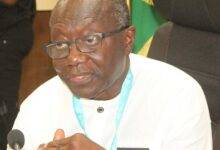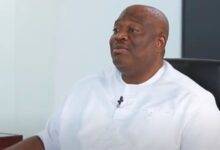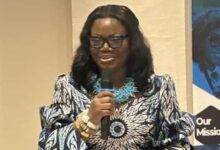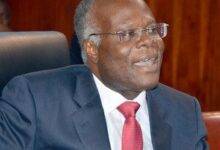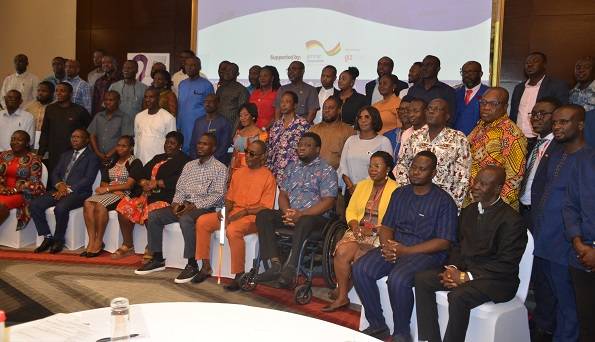
Participants at a national dialogue on creating awareness and interest for the 2023 District Level Elections have called for removal of barriers that prevent women from occupying leadership roles.
Some of the barriers they cited include institutional, social, cultural and religious barriers among other.
The National Dialogue provided an opportunity for participations to reflect on the preparedness of key electoral stakeholder institutions as the election approaches.
The General Secretary, National Association of Local Authority of Ghana, (NALAG) Mr Kokro Amankwah, addressing the participants in Accra on Wednesday, called for the passage of the Affirmative Action bill to help support women, especially for them to be part of elections.
“It is unacceptable that we have the majority of the population in the country being women but when it comes to decision making they are virtually absent from decision making especially in Parliament,” he said
According to Mr Amankwah, there had not been a fair grounds for women to rub shoulders with men, “women ought to be supported, give her the role and I can assure you that she would effectively deliver.”
The Director for Programmes and Advocacy, Center for Democratic Development (CDD), Dr Kojo Asante, said District Assemblies in Ghana were designed to be the highest political decision-making body at the local level.
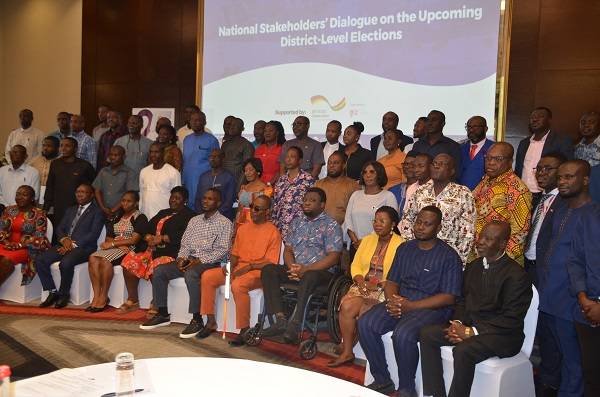
“Ghana in 1988 initiated the decentralisation program which aimed to transfer significant powers and responsibilities to the local level. In essence, our local governance system is older than our constitution,” he said.
“There is overwhelming agreement on the election of MMDCEs and a stalemate on whether it should be on partisan basis or not. From our vantage point,” he added.
He said Ghana’s democracy needed a boost and credible reforms around the elections of Metropolitan, Municipal, and District Chief Executives, (MMDCEs).
However, he said, elections without comprehensive local government reform would just add to the problem rather than solve it.
Dr Asante said the local governance electoral process was challenged by citizens’ apathy, and the under-representation of women, PWDs and the youth.
“Historically voter participation in local government elections is low. It is a travesty and even diabolical that out of over 6000 assembly members, only 460 are women in a society where there are more women than men,” he said.
He described the low representation as “troubling” but was optimistic that the dialogue would help trigger actions to address the challenges going into the election.
He said CDD-Ghana would continue to deploy measures to promote and secure real democracy and inclusive development at the local level.
A representative from GIZ, Mr Musah Mohammed, speaking on women’s political and voter turnout, said women in Ghana still faced social, economic, political, and psychological barriers, which limit their political activity.
“Gender equality remains a key factor in contributing to the economic growth of a nation and the resistance by the status quo for inclusive governance must thaw,” he said.
BY AGNES OPOKU SARPONG

